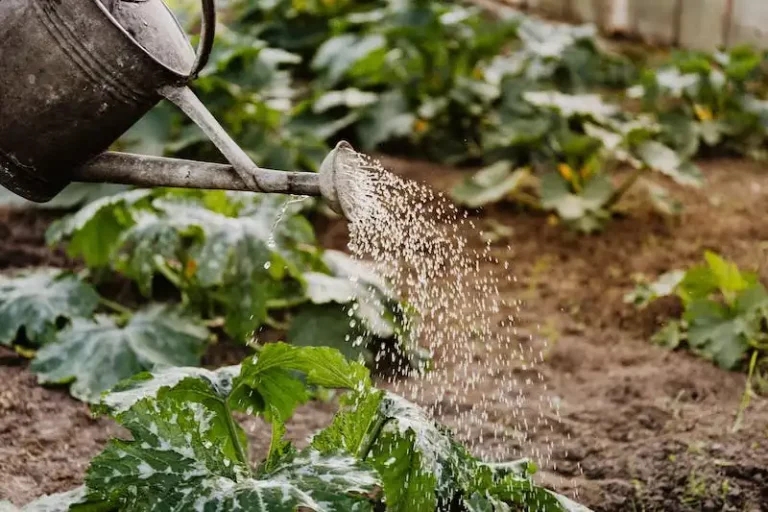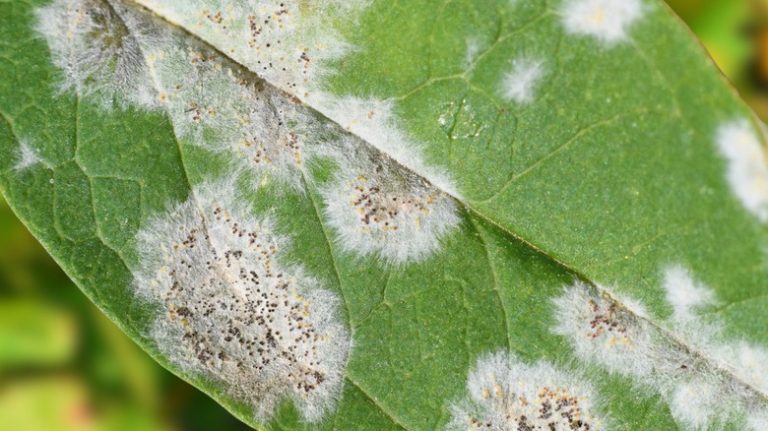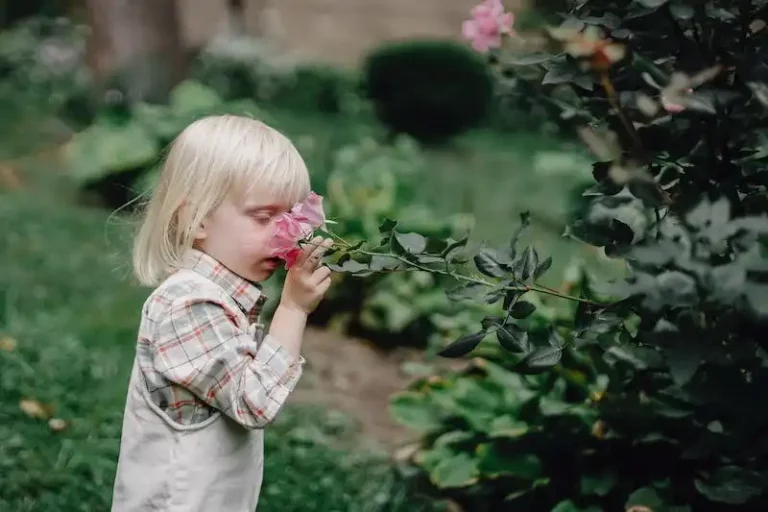Ben Napier, one-half of HGTV’s Home Town design power couple, has an eye for outdoor spaces. In episode four of season six of Home Town, Napier sat down with his clients on their newly renovated patio and enjoyed how the foliage added to the relaxing atmosphere of the deck. He highlighted the patio as the perfect spot to plant crepe myrtle trees (Lagerstroemia). Though this isn’t the only suitable place for these gorgeous trees, Napier’s suggestion makes for a stunning and inviting outdoor gathering space.
Crepe myrtles, also known as crape myrtles, are flowering trees that add a touch of romance and come in a variety of colors. Each summer, they sprout fragrant and showy blooms, perfect for adding drama to a landscape. Planting them near a deck lets them serve as natural decor that provides ample shade. Because they grow up to 30 feet tall and 25 feet wide, these large trees bring much-needed relief from hot summer temperatures. They are hardy, drought and heat-resistant plants that thrive in full sun, so if you don’t have a patio or deck, they’re still an excellent choice when creating a comfortable outdoor oasis.
Add shady comfort to your patio
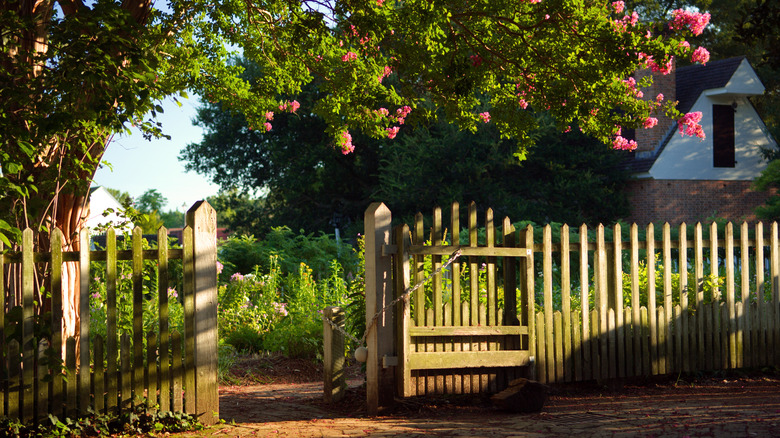
In the sixth-season episode of Home Town, Ben Napier sits back on the deck with partner Erin and their clients and admires the way the crepe myrtles add to the space. He mentions the appeal of the large tree canopies. The dappled sunlight that spreads over the deck provides “just enough shade,” says Napier. The tree’s expansive cover shades the entire deck, creating a comfortable space for the homeowners and their guests to sit. The shade is especially inviting in the warmer regions, USDA zones 6 through 9, where crepe myrtles thrive. The trees do not prevent light from illuminating the patio; they merely keep it cooler.
Crepe myrtles also add vibrant colors to a landscape and supply visual interest. So, if you’re hosting an event, they’re sure to get your guest’s attention. You can consider the flowers as an accent and tie them into the backyard color palette. For example, the rich reddish-pink flowers of the ‘Dynamite’ and ‘Pink Velour’ cultivars pair well with ground and patio plants like caladiums or cordylines.
Other spots for your crepe myrtle
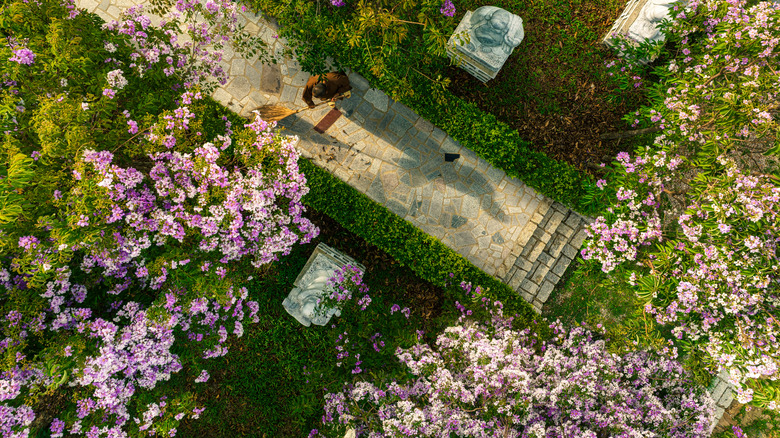
When considering where else to plant crepe myrtles, you must first know what they need to thrive. They crave full, direct sunlight and loamy or sandy soil with a pH that ranges from slightly alkaline to acidic. With that in mind, you can find other ideal spots for the trees. If shade is what you’re after, plant the trees along a long walkway. They will welcome visitors and provide shelter from the blistering sun.
For homeowners who would rather start with one tree due to space, many smaller cultivars are equally attractive as their larger counterparts. Acomas are a smaller variety, typically standing at about 10 feet tall. They have crisp white flowers and will still provide ample shade. While larger species may be too much for planting outside a window, the smaller Acoma can cool down hot rooms without completely blocking the view. They’ll need to be pruned less, too. And, in the event the tree becomes too large, you can transplant the crepe myrtle too.
If you’re looking for something that will add both color and shade, consider planting a crepe myrtle in your garden. Give it the conditions it needs, and plant the right type of variety for your conditions and available space.


